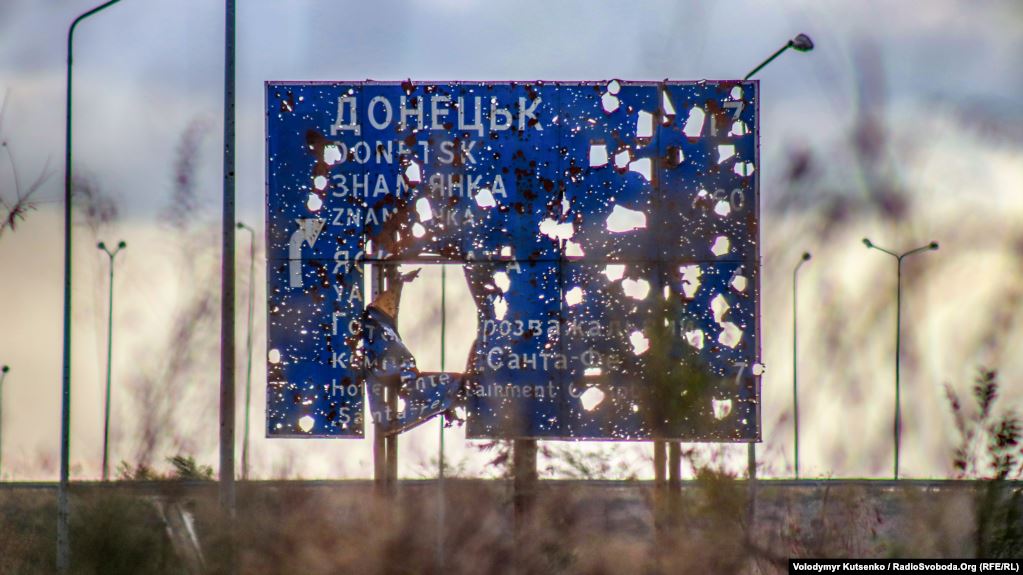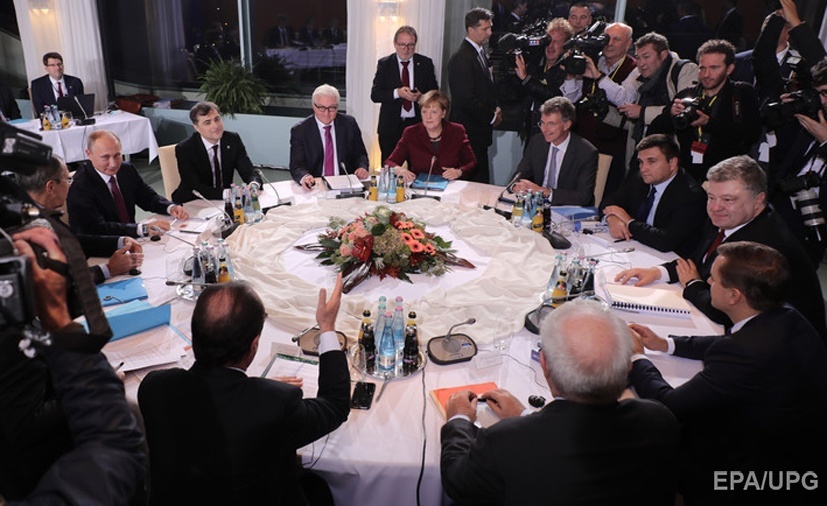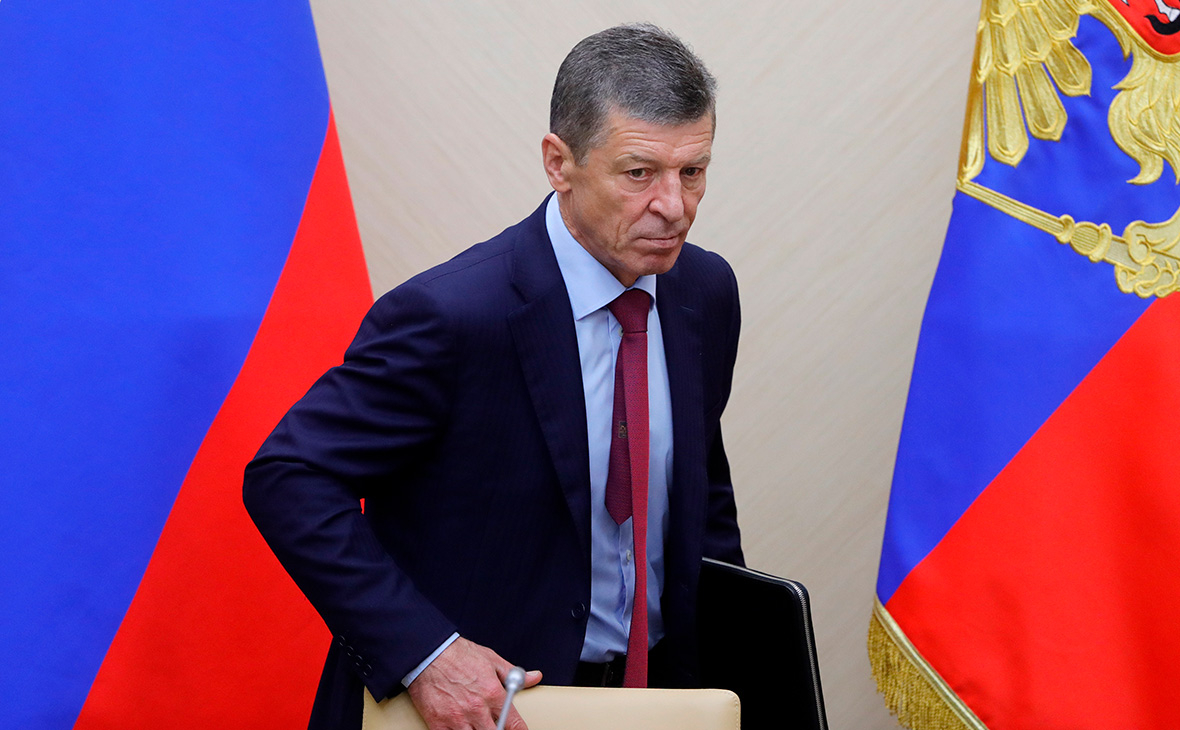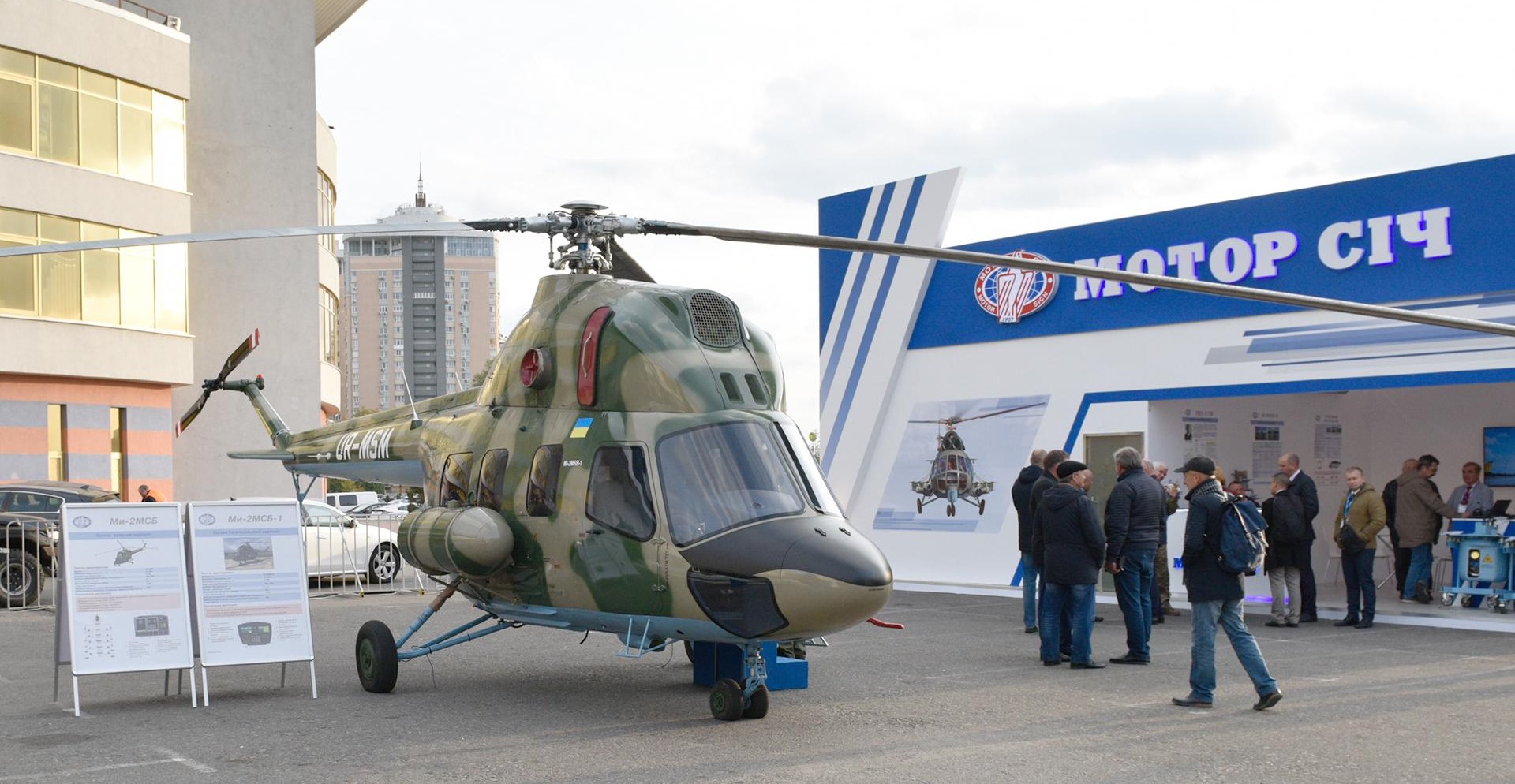As part of Vladimir Putin’s campaign to “raise Russia from its knees,” Russian officials constantly demand that Russian institutions of all kinds including diplomatic be treated in the same way that foreign ones are, but again and again, it is clear that Moscow is not prepared to extend reciprocity even though it demands it.
Russian officials can be counted on to complain about any restriction on their activities in other countries as a manifestation of “anti-Russian” attitudes and “Russophobia.” But they do not expect to be held accountable for the campaigns they often orchestrate against Western diplomats in Russia itself, presenting these things as “a defense of the Motherland.”
And apart from a few exceptional cases, most Western governments and the Western media prefer not to take note of Russian actions in this area, dismissing them as the work of extremists unconnected with the regime lest criticism of what is going on provoke more such actions and damage bilateral relations.
But what this failure to respond often leads to is what diplomats call the creation of “facts on the ground,” a situation in which both sides come to accept something as normal and acceptable just because one side has done it and the other has not responded with the kind of criticism or alternatively reciprocal actions one might expect.
Kseniya Kirillova, a US-based journalist for the Novy Region-2
news agency, provides a useful glimpse of Russian actions against an American diplomatic outpost outside of Moscow, the offices of the US Consulate General in Yekaterinburg, where Russian officials can take actions they’re less inclined to try in the capital.
She points out that both the former US consul general Otto Hans van Maerssen and his successor Marcus Micheli have been subject to a flood of “slanderous publications and hysterical comments,” all designed to present them as enemies of Russia and to warn off Russians from meeting with them.
Recently, Kirillova reports, one site, nominally independent but in fact clearly part of the Russian government’s media operation, featured a picture of Micheli meeting with several political analysts in the Urals and suggested the US diplomat was promoting dissent. Clearly, Russian officials had alerted the site’s “journalists” that such a meeting was going to take place.
Meeting with local officials and people is the bread and butter of diplomats, Kirillova points out. That is what Russian diplomats do in New York, and no one thinks anything about it. Journalists do not publish “gotcha” pictures of Russian “agents” or prominently suggest that these “diplomats” are encouraging anti-American operations.
But the Putin regime wants to cut off all Russian contacts with the West that it does not have complete control over, and so attacks on Western and especially American diplomats are now the norm rather than something exceptional, all the more so because in Russia today, such attacks are presented as the height of “patriotism.”
In reality, however, as Kirillova notes, such persecution is “a sign of cowardice” and immaturity, something Russian officials engage in because they are confident they can do so without Western governments reacting strongly and thus view as yet another way to suggest that Putin is “standing up to the Washington obkom.”






